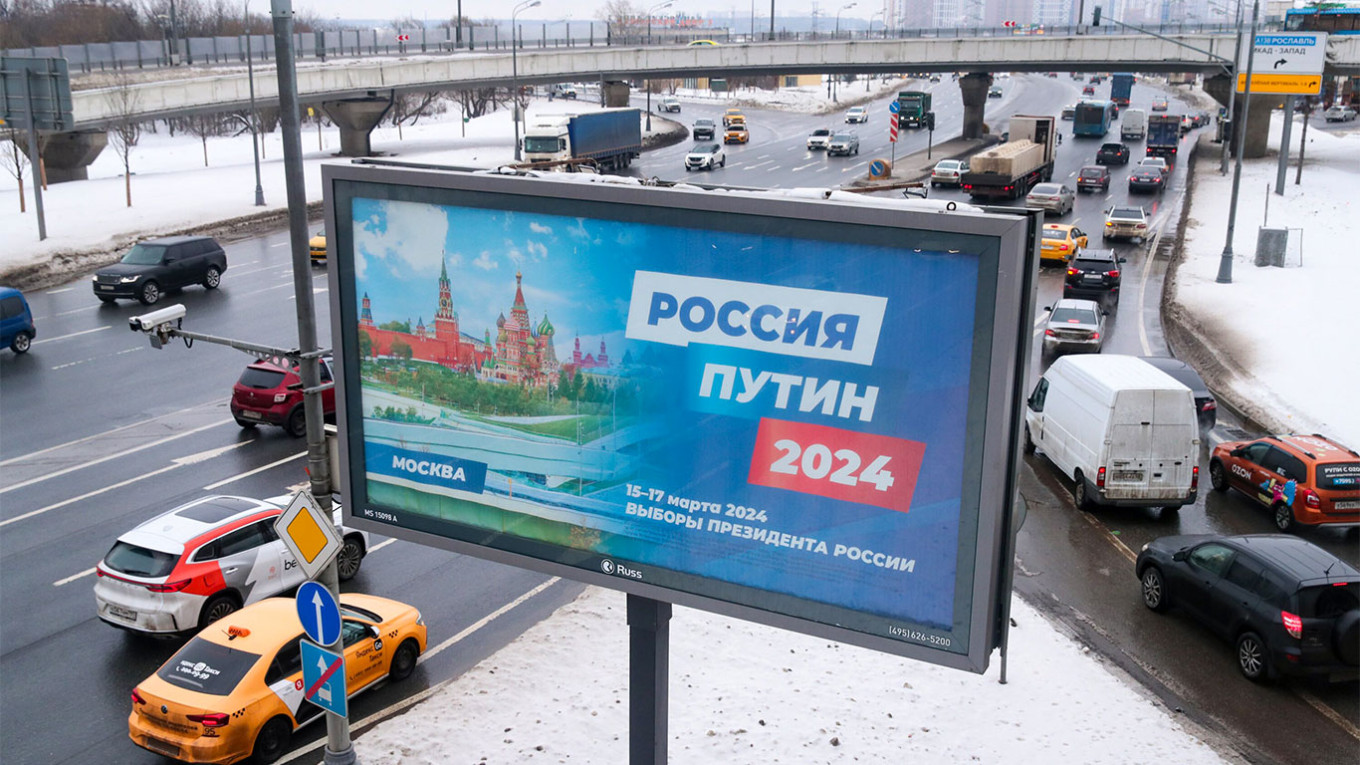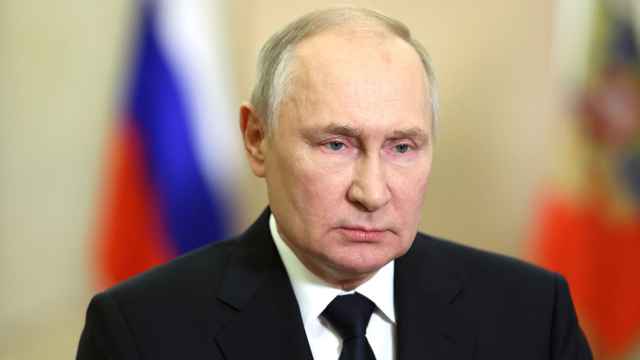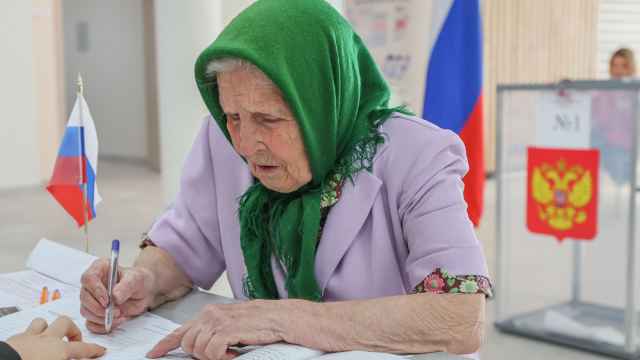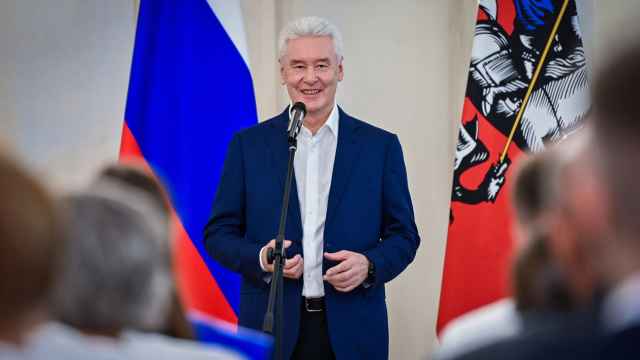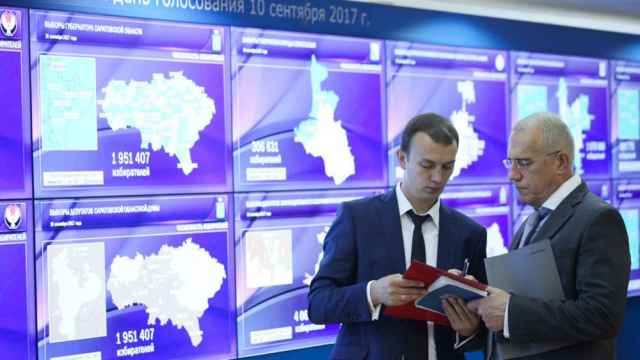In the course of a few weeks between November and December of 2022, the release of ChatGPT-3 and Midjourney v4 put the incredible power of generative AI in the hands of tens of millions of people. Suddenly they could produce human-sounding text or create ultra-realistic scandalous imagery with only a short prompt. With no limits on who could sign up, the AI boom seemed to portend a disinformation boom, especially dire this year as over two billion voters could head to the polls in “The Year of Elections.”
But for all this potential, Russian propagandists have little to show for the new tech. Hindered by a prevailing view of generative AI as a threat to be contained, Russia has concentrated on defending against AI rather than leveraging the technology for offensive purposes.
With a presidential election a little more than a month away, the focus is on how to prevent the spread of AI-generated fakes rather than how to turn them on enemies. However, history has shown that Russia's response to perceived information threats often serves as the catalyst for its most aggressive tactics.
Last June, a shocking broadcast appeared on Channel One, NTV, and Russia-1 that appeared to show President Vladimir Putin announcing that the Ukrainians had broken through the lines and invaded Kursk and Belgorod. He was declaring martial law and ordering an immediate general mobilization. Neither the emotion on his face nor the movement of his lips quite matched his words, tipping off to most viewers the video’s artificial origin.
Russia responded with its own fake of Valery Zaluzhny, commander-in-chief of the Ukrainian Armed Forces, ordering a coup to topple President Volodymyr Zelensky. But the incident made protection against AI-generated fakes a top priority for the Kremlin. A similar AI-clone of Putin appeared at a live press conference in December, which Putin used as an opportunity to warn about “the danger to humanity” AI could pose.
Ahead of this year’s presidential election – where the main measure of success will be turnout as Putin faces no serious challenge – Russian experts warn of a flood of AI-generated “disinformation”. “The absolute majority, 87 percent of Russians, understand that an information war is being waged,” declared the head of political research at the VTsIOM, a polling firm, at a panel on “fakes” last November. “The task of discrediting the authorities through destabilizing civil society is a priority” for Russia’s enemies, explained Alexander Asafov of the Civic Chamber at the same event.
This week, Vzglyad interviewed an expert to prepare voters for fakes emanating from “the U.S. information war against Russia,” while Rozkomnadzor will be banning VPNs, a popular method for Russians to reach ChatGPT, starting March 1.
Russia’s response to this supposed information war has been feeble. In December, the cybersecurity firm Recorded Future detailed the Doppelganger network, which Meta disabled and described as the “largest and the most aggressively persistent Russian-origin operation.” The network was huge, with fully-fledged fake new sites pretending to be reputed sources, likely with the support of generative AI, and promoted by over 2,000 social media accounts. Despite these efforts, only a “negligible” number of people viewed the fraudulent sites, and few of the accounts that amplified the propaganda had any followers.
The weakness of AI-backed Russian information operations reflects the weakness of Russian AI generally, which lags far behind its competitors in the United States or China leading to far lower adoption rates. Whereas 69% of American companies use generative AI, only 20% of Russian companies do, and those that do are more likely to use the nominally banned ChatGPT than homegrown competitors.
But Russia lagging behind competitors in transformational information technology follows a familiar pattern. It was the conviction that Western social media had orchestrated mass protests against Putin’s election in 2012 that spurred much of Russia’s information warfare against Western elections throughout the 2010s.
With Russian analysts and major outlets already laying the groundwork to blame any hitches in March’s vote on AI-powered interference, the regime may well invest heavily in potential retaliatory measures. That could spell serious trouble for elections this year in the United States, United Kingdom, the European Parliament and elsewhere around the globe. Or, with Russian tech talent largely living in exile, and a population at home with far less exposure to generative AI, Russia may find that the anticlimactic performance of Doppelganger is now the best it can hope for.
A Message from The Moscow Times:
Dear readers,
We are facing unprecedented challenges. Russia's Prosecutor General's Office has designated The Moscow Times as an "undesirable" organization, criminalizing our work and putting our staff at risk of prosecution. This follows our earlier unjust labeling as a "foreign agent."
These actions are direct attempts to silence independent journalism in Russia. The authorities claim our work "discredits the decisions of the Russian leadership." We see things differently: we strive to provide accurate, unbiased reporting on Russia.
We, the journalists of The Moscow Times, refuse to be silenced. But to continue our work, we need your help.
Your support, no matter how small, makes a world of difference. If you can, please support us monthly starting from just $2. It's quick to set up, and every contribution makes a significant impact.
By supporting The Moscow Times, you're defending open, independent journalism in the face of repression. Thank you for standing with us.
Remind me later.


